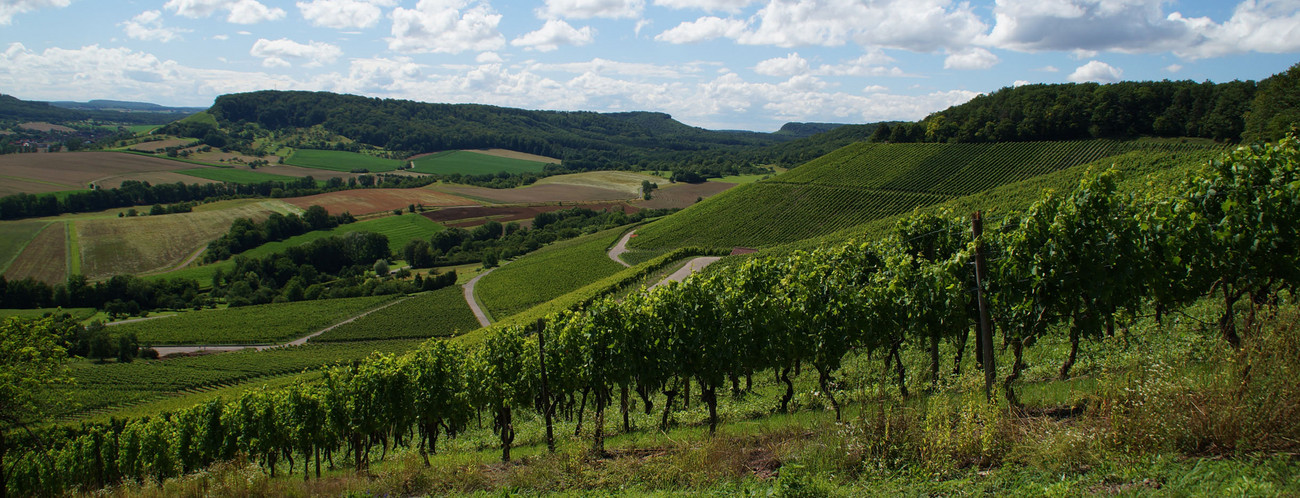The Ministry for the Environment, Climate and Energy Sector of Baden-Württemberg deals with the topics of environmental and climate protection and the energy industry.
Topics

Agnes Michenfelder
The Ministry for the Environment, Climate and Energy Sector of Baden-Württemberg deals with the topics of environmental and climate protection and the energy industry.
